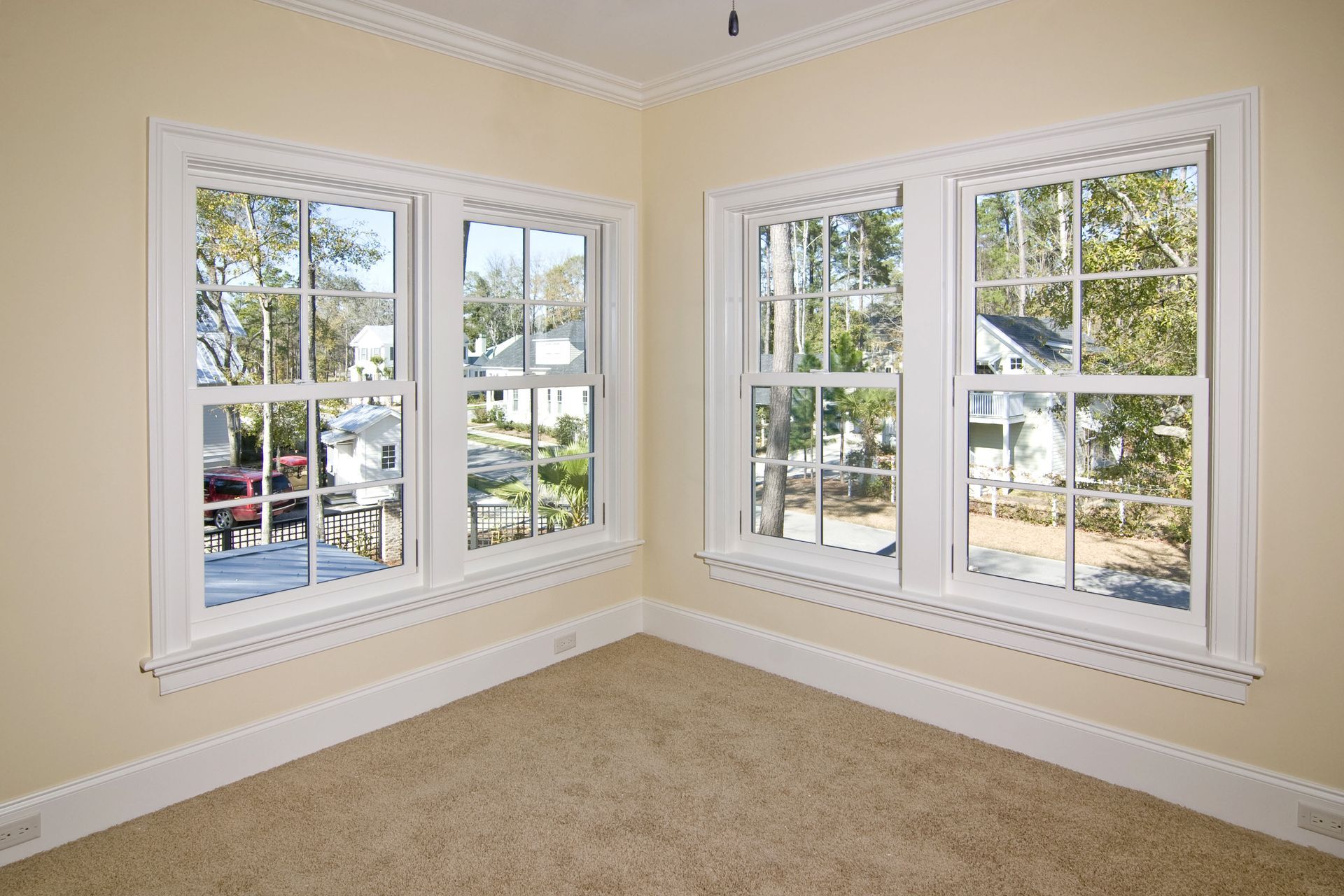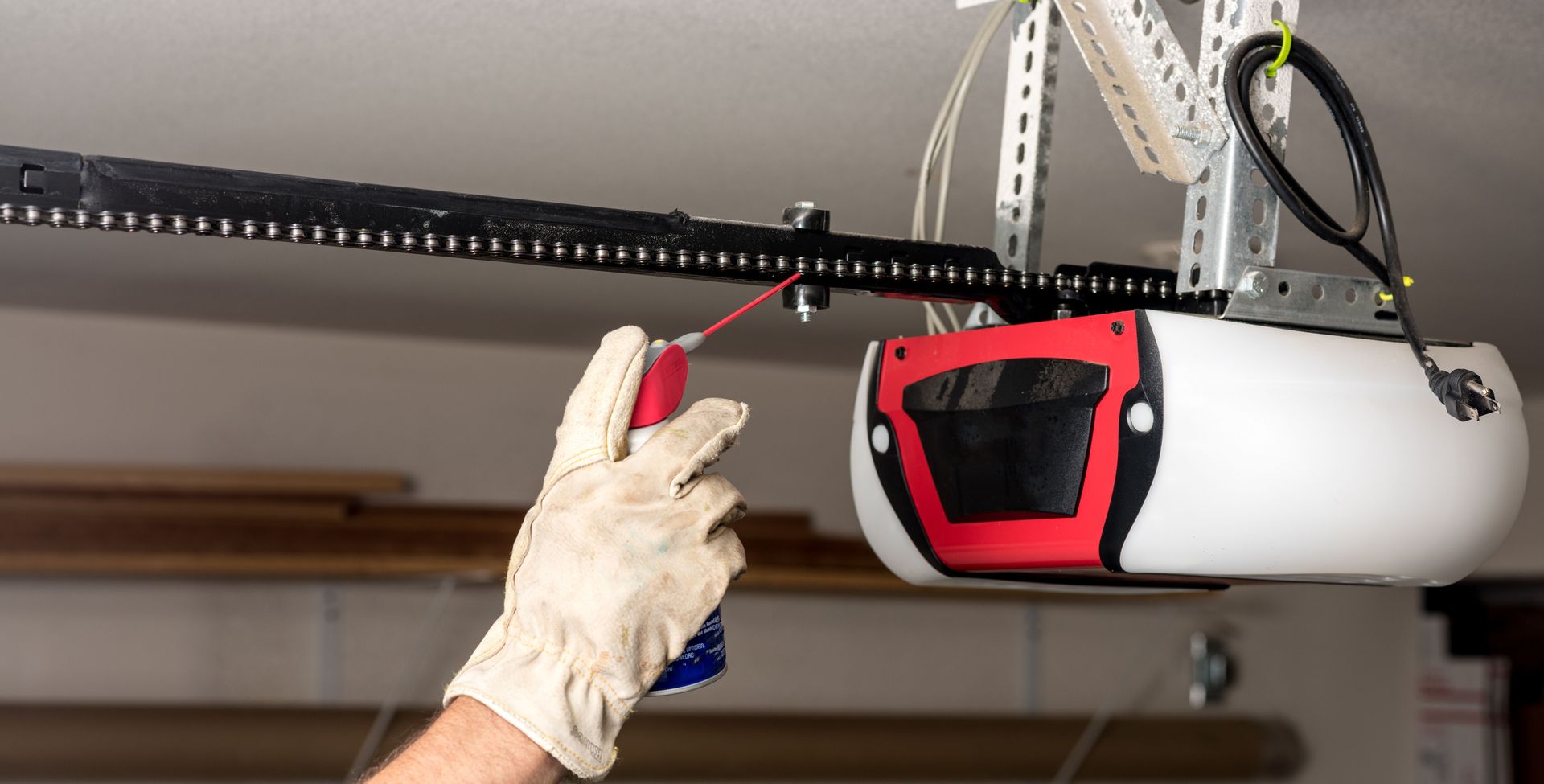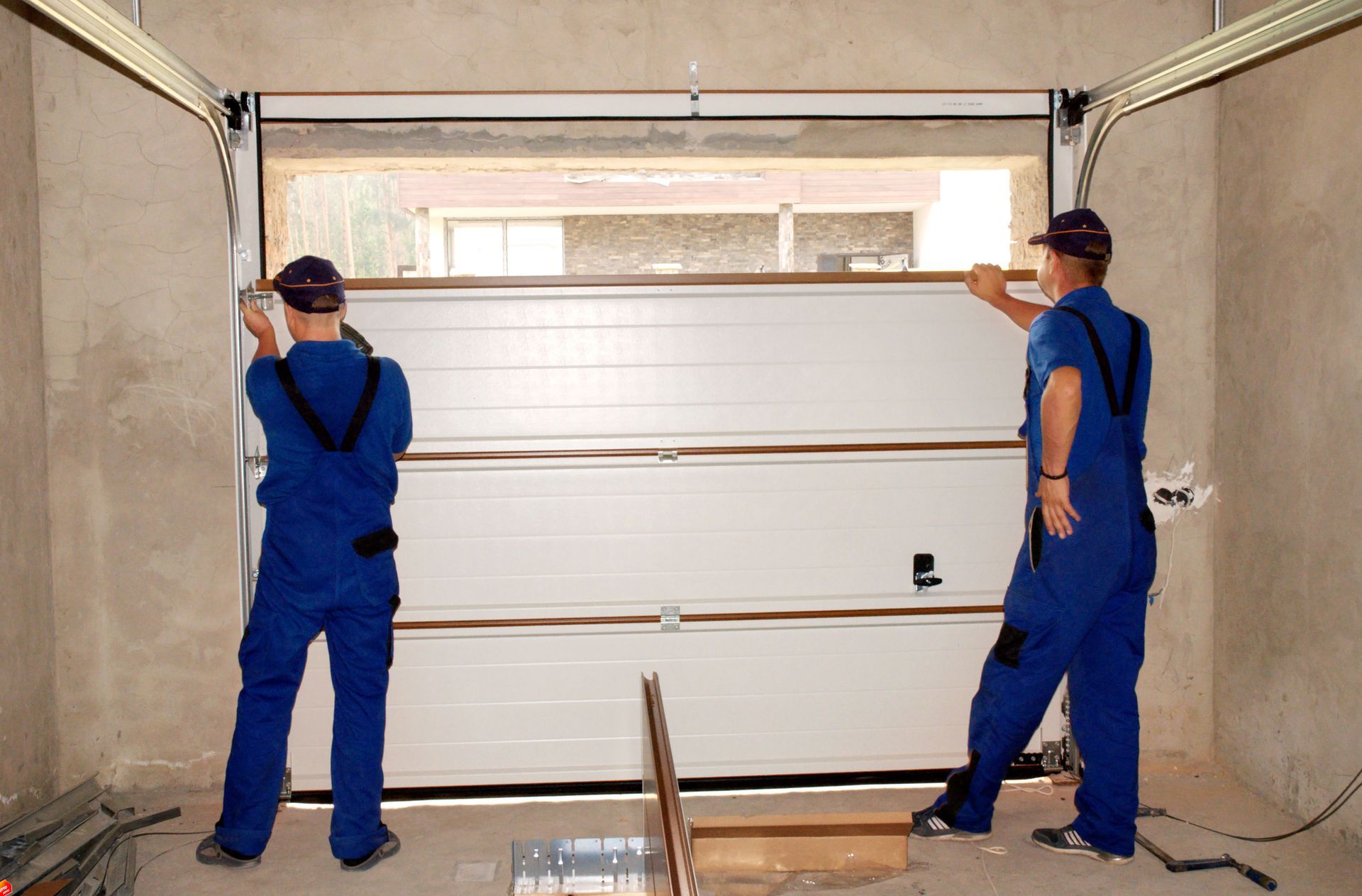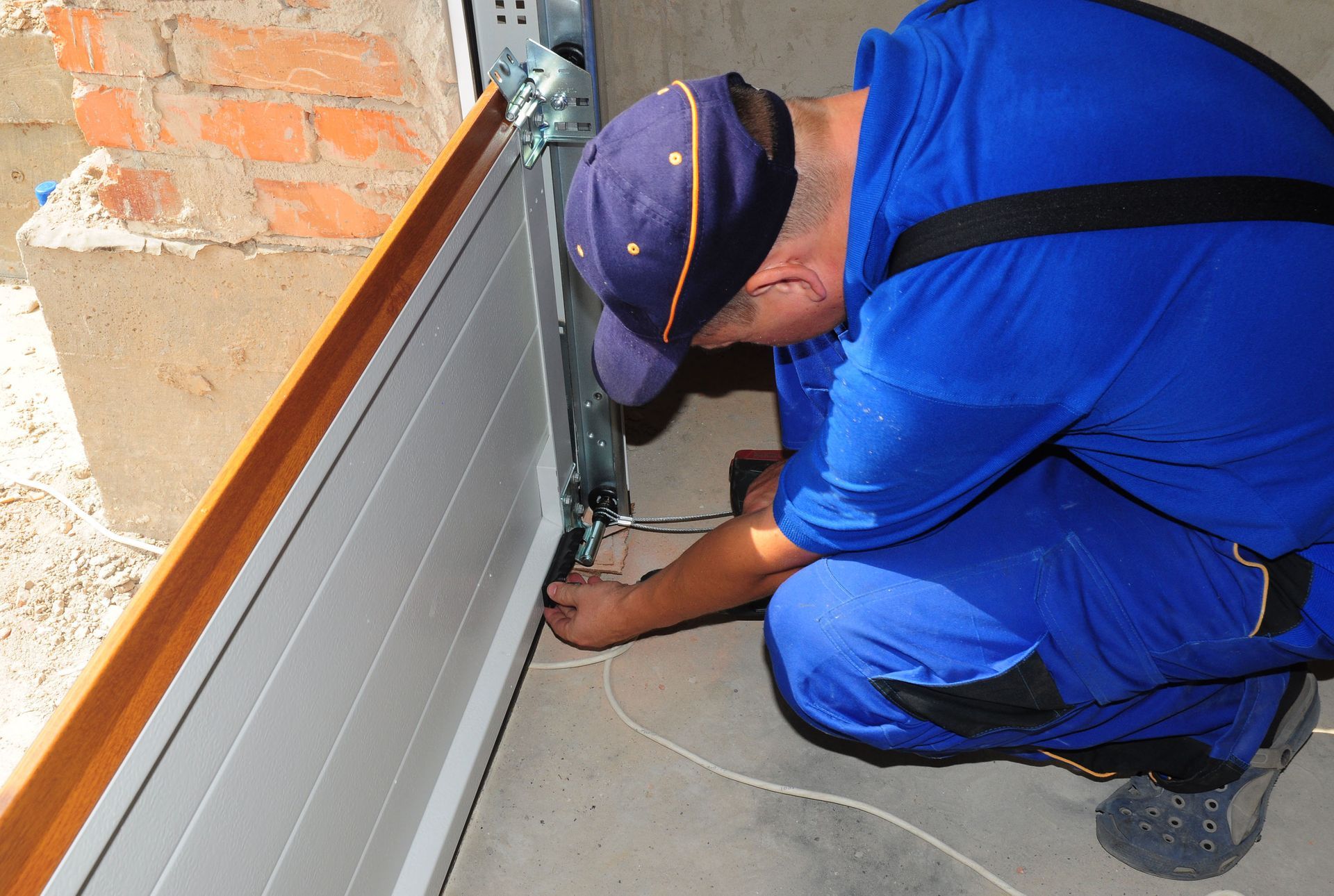June 30, 2025
In a time marked by fluctuating energy prices and a growing focus on sustainability, homeowners are increasingly seeking viable solutions to manage energy consumption. One such solution is the installation of energy-efficient replacement windows, which offer an array of benefits. By focusing on improving the thermal insulation of your home, these windows can significantly reduce energy costs, while also contributing positively to the environment.
Understanding Energy Efficiency in Windows
Key Features of an Energy-Efficient Window
Window energy efficiency is primarily determined by its ability to limit heat transfer and maintain indoor temperatures. According to the U.S. Department of Energy, heat gain and heat loss through windows are responsible for 25% - 30% of residential heating and cooling energy use. The utilization of certain coatings, multiple glazing layers, and optimized frame materials contributes to a window's insulating qualities. These features enable a home to retain heat during colder months and keep it out during warmer periods, reducing reliance on heating and cooling systems. Furthermore, energy-efficient windows are often designed to minimize air leakage and prevent drafts, enhancing overall comfort.
Window Materials and Energy Efficiency
The choice of materials used in window construction significantly impacts energy efficiency. Different materials, such as vinyl, wood, and aluminum, each have unique properties that affect thermal performance. Vinyl offers excellent insulation properties with minimal maintenance requirements, making it a popular choice among homeowners. Wooden frames provide natural aesthetics along with solid insulating capabilities, though they require more upkeep. Aluminum, while durable and lightweight, is a good conductor of heat and often needs additional thermal breaks to improve energy efficiency.
Window Age Affects on Energy Costs
Older windows often lack the advanced features that improve energy efficiency, leading to higher energy bills. Over time, windows can develop leaks, gaps, and other issues that compromise their performance. Even a small air leak can result in significant energy loss, forcing HVAC systems to work harder to maintain desired temperatures. By replacing outdated windows with modern, energy-efficient counterparts, homeowners can experience a substantial reduction in energy costs. This preventive measure not only enhances the home's energy performance but also adds value to the property.
Assessing the Financial Impact of Replacement Windows
Upfront Costs and Long-Term Savings
The initial cost of replacing windows often presents a significant investment for homeowners, but this cost should be weighed against the potential long-term savings. Energy-efficient windows can drastically reduce utility bills by improving a home's thermal insulation, leading to considerable cost savings over time. The reduction in energy consumption can offset the initial expenditure, making the replacement process financially viable. Furthermore, the improved energy performance contributes to the overall value of the home, offering additional financial returns should the property be sold. Homeowners should consider both immediate costs and potential savings to determine the true financial impact of replacement windows.
Available Tax Credits and Incentives
In many regions, government incentives and tax credits are available to offset the costs associated with upgrading to energy-efficient windows. These programs are designed to encourage sustainable home improvements and reduce overall energy consumption. Homeowners can benefit from various rebates and credits, significantly reducing the expense of installing high-performance windows. By researching available incentives, property owners can maximize their savings while contributing positively to environmental goals. Taking advantage of these programs makes replacing windows a more attractive and economically sensible option.
Investment Return on Energy-Efficient Windows
The return on investment (ROI) for energy-efficient windows is largely dependent on the home's location, climate, and the specific windows chosen. Properties in extreme climates benefit from higher energy savings, enhancing the ROI of installing advanced window systems. As a result, homeowners can recoup their initial investment in a relatively short time frame through energy savings alone. Additionally, the enhancement of property value due to improved energy efficiency further compounds the financial benefits. Evaluating the ROI allows homeowners to make informed decisions about the suitability of investing in replacement windows for their property.
Ensuring Installation Quality
Hire Licensed and Experienced Installers
The quality of window installation plays a critical role in achieving optimal energy efficiency and performance. Professional installers with the necessary licenses and experience ensure that windows are fitted correctly and function as intended. Selecting licensed professionals minimizes the likelihood of installation errors, such as improper alignment or inadequate sealing, which can compromise a window's efficiency. Homeowners should research potential installers, inquire about credentials, and request references to ensure their chosen professional meets industry standards. Quality installation provides peace of mind and maximizes the energy-saving potential of new windows.
Proper Sealing and Insulation Impact
Effective sealing and insulation are crucial for preventing drafts and reducing energy loss through windows. Proper installation involves techniques such as caulking, weatherstripping, and using insulating materials to create a tight seal around frames. These measures ensure that conditioned air remains within the home, minimizing the load on heating and cooling systems. Without adequate sealing, even the most advanced windows may fail to deliver expected energy savings. Homeowners should emphasize the importance of thorough sealing and insulation with their chosen installers to optimize window performance.
Correct Fit and Alignment
A precise fit and alignment during installation are vital for maximizing window energy efficiency and functionality. Ill-fitting windows can result in air leaks, water infiltration, and compromised insulation, negating the intended energy benefits. Installers should routinely check measurements and adjust alignments to ensure a tight, exact fit against the window frame. Monitoring for movement and settling post-installation is also advisable to maintain energy performance. Certainty in fit and placement enhances the longevity and efficacy of replacement windows, driving increased energy savings over time.
Exploring Additional Benefits of Replacement Windows
Home Comfort and Aesthetics
Replacement windows provide a dual advantage of improved home comfort and enhanced aesthetics. Well-insulated windows help regulate indoor temperatures, eliminating cold drafts and creating a more pleasant living environment. Furthermore, modern window designs and materials offer a wide range of styles and finishes, allowing homeowners to match their windows with home decor. Enhanced aesthetics contribute to a refreshed and updated appearance, while energy-efficient features support consistent comfort. The combination of functionality and visual appeal adds immense value to residential properties.
Property Value Increase
Investing in replacement windows can significantly boost a property's market value by enhancing its energy efficiency and curb appeal. Prospective buyers often prioritize energy-saving features, recognizing the long-term financial savings and environmental benefits. Energy-efficient windows also improve a home's attractiveness by updating its appearance and reducing the need for future upgrades. This combination of practical and aesthetic advantages makes properties with modern window systems more competitive in real estate markets. Improved property valuation underscores the financial wisdom of replacing outdated windows with contemporary solutions.
Indoor Air Quality and Noise Reduction
Replacement windows contribute to better indoor air quality by minimizing air infiltration and enhancing ventilation control. They help prevent pollutants and allergens from entering the home, creating a cleaner and healthier living environment. Additionally, high-quality windows equipped with soundproofing features reduce external noise infiltration, improving indoor tranquility. These improvements in air quality and noise control amplify the overall comfort and livability of a property.
Incorporating energy-efficient replacement windows into your home is more than a smart upgrade; it's a strategic investment in comfort, sustainability, and long-term savings. From lowering utility bills and improving air quality to increasing property value, these windows provide year-round advantages that benefit both homeowners and the environment. By prioritizing quality materials, proper installation, and available incentives, you can make a meaningful difference in your home's performance and your financial future. Reach out to Doors & More today!








